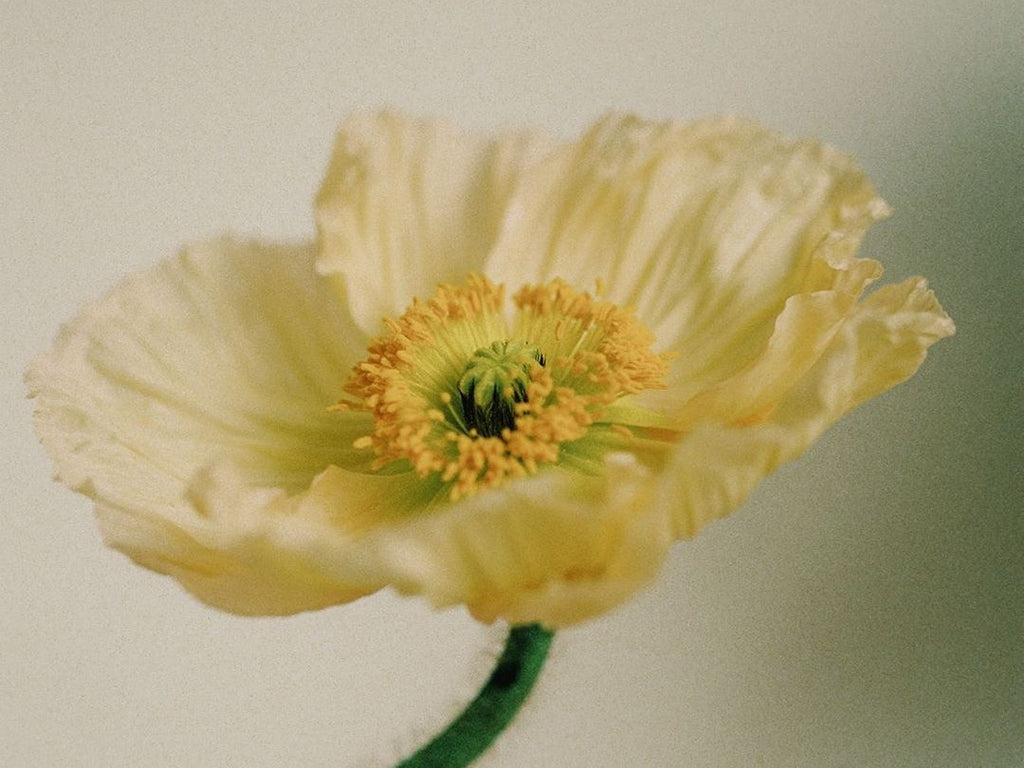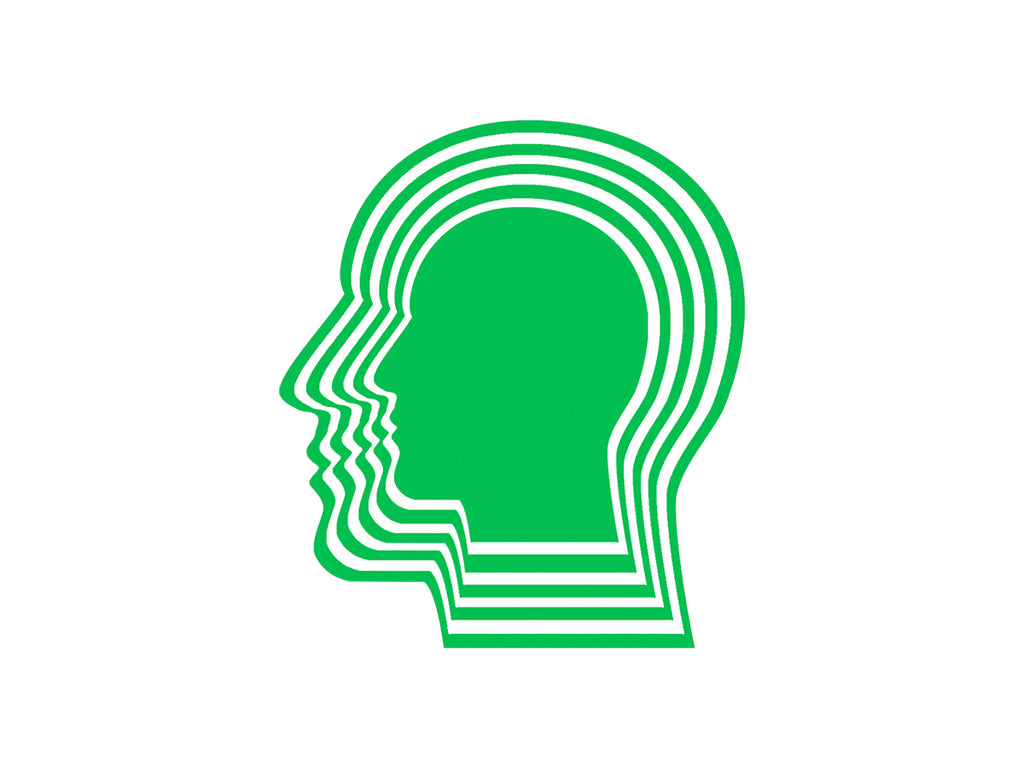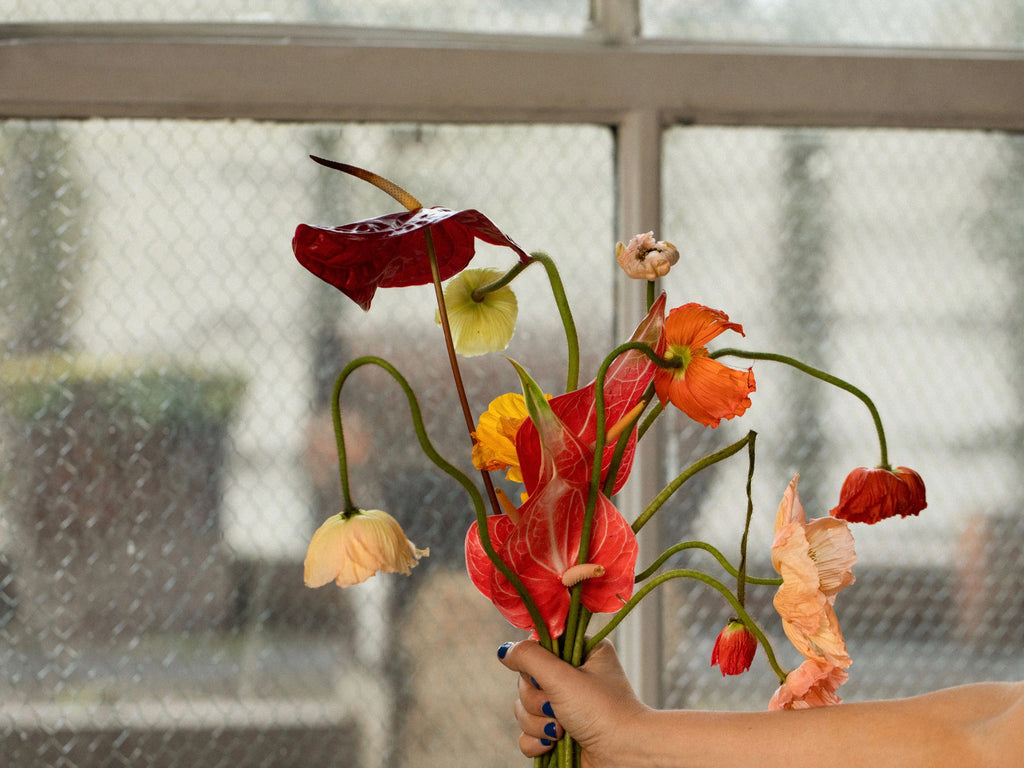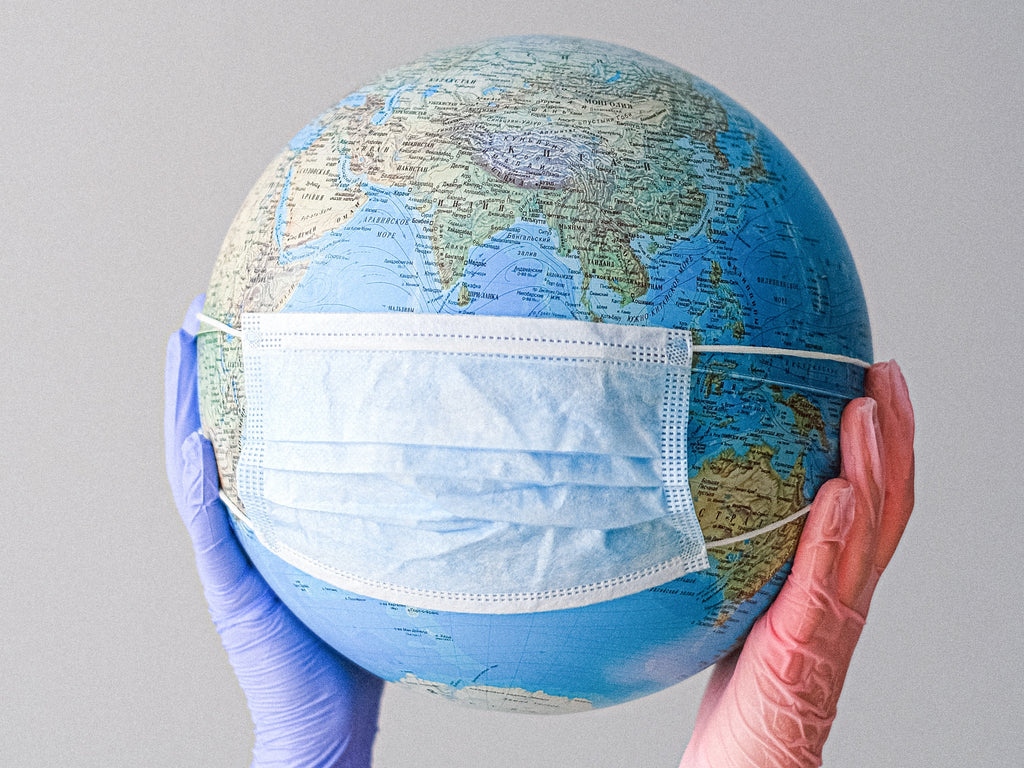Ways to Think About Well-Being: In Conversation with Dr. Dan Tomasulo Part One
You can always tell when you’re around someone who is incredibly centered. Dan Tomasulo, Ph.D. is one of them. When Dan enters a room, his sincerity and clear passion for what he does could captivate even the most determined skeptic. And considering his work is in positive psychology and hope research, he tends to need some persuading power. Dan is the author of seven books, a counseling psychologist for 36 years, core faculty member at Columbia University's Spirituality Mind Body Institute, and assistant instructor to the founder of positive psychology, Martin Seligman. Dan was also the professor of my positive psychology class at Columbia. The way he facilitates learning is truly unique in its experiential nature. As the creator of Interactive-Behavioural Therapy, which combines modified versions of role-playing, psychodrama and sociodrama techniques, each class offered fascinating opportunities for powerful insight and, as expressed by many of my classmates, deep healing. This is definitely not something I expected to experience at an institution like Columbia, but I am incredibly grateful to have had the opportunity. I called up Dan to discuss his new book, Learned Hopefulness, out on June 1st 2020, the biggest misconceptions about positive psychology as a field, and why hope is unlike any other positive emotion.

Image by Nono Judit Sipos
Dan, when it comes to the theme of this series, “ways to think about well-being” I can think of no better person to be in conversation with. Can we start from square one? How would you explain Positive Psychology?
Much of traditional psychology focuses on the amelioration of suffering rather than the enhancement of well-being. We know that, for example, 80% of people with depression in America relapse. That's a pretty enormous number. If I had a company where 80% of the things that I produced were recalled, I wouldn't stay in business very long now would I? People relapse because we kill the symptoms and return individuals to their baseline. That’s not enough. Instead of saying “our goal is to help you keep your head above water” we really need to start saying “we'd like to teach you how to surf”. That is one of the beautiful things about positive psychology. It’s the idea that not being depressed isn't the same as thriving. That just because you are not in pain it doesn't mean you’re experiencing pleasure. We need different tools for that and positive psychology offers them. Now, that's not to say that traditional psychology doesn't help people at all. After 36 years as a counseling psychologist I can definitely say, it does. Yet, unfortunately, in the case of treating depression for example, what were currently doing isn’t enough. We need to change the protocol.
This reminds me of a passage from your up-coming book, Learned Hopefulness - “traditional psychology and medicine were designed to do only half the job, they get us out of the hole, but they don't really keep us out.” What does keep us out of the hole?
What I am most interested in is the new research on hope. Hope is the only positive emotion that requires negativity or uncertainty to be activated. Being in the hole creates the conditions for hope to be ignited. When you look at people like Walt Disney or Oprah Winfrey, you start to realize that a lot of people who had tremendous struggle found that those challenges ended up being motivation for them to succeed. I am interested in highlighting what causes people who are in the hole to look toward the future, to pull themselves out of their tailspin. My book looks at the research on hope and how it facilitates us getting out of difficult spots. It’s about the ability to take conditions of uncertainty and negativity and transform them into positive expectations.
One of the main criticisms of positive psychology is that it focuses on an oversimplified pursuit of happiness and implies that the rest of psychology is negative. Do you think that your book and this idea of learned hopefulness can change the perception of the field of Positive Psychology at large?
Yes. That's one of the main reasons I’ve chosen to write about this topic. Positive psychology is not about exclusively focusing on the positive and research about hope can help explain this.
What is so unique about the experience of hope?
Hope requires uncertainty to be activated. That is what makes it so unique. It means that when we are sitting in uncertainty, it creates an opportunity to cultivate hopefulness and research shows that feeling hopeful is tied to enhanced well-being. The research is also pretty clear in stating that people don't necessarily start out having hope, but they can learn to have it by engaging in some simple exercises.
What can we do to cultivate hope?
You’ll just have to buy the book and find out. Kidding. The first thing I would encourage people to do is to write down a list of everything they did yesterday including simple things such as, I made a coffee in the morning, then I took a shower, etc. Make that list as extensive as possible. Once finished, I would ask people to go back and look at their list but this time, look at it through the lens of gratitude. What things did you do that you have gratitude for? Come up with at least three things. When we do that, we’re not fabricating or changing anything. We're just shedding light on the best parts of our day. And what that does is it shifts our perception. At the core of enhancing one’s well-being is learning how to shift our perception. Yesterday is done, but when we do this exercise, we can now experience yesterday in a very different way that reinforces positive pathways in the brain, leading to positive emotions in the present.
Do you think that hope is tied to faith?
People often use those terms interchangeably. Personally, I think they are different but both are important. Hope is a belief that you have some control over what’s going to happen by taking action in the present. Faith is the belief that some entity other than yourself has the ability to influence the future. A great baseball pitcher Catfish Hunter talked about this distinction. He spoke about his workout regimen and how what drove him to keep going was hope. But he then said, “when I let go of the ball, I have no more control, now I just have to have faith.” I love that, because hope is what we can do, faith is what gets done. Learned hopefulness is however primarily looking at what we can do.
At The Werk we believe that doing the inner work leads people toward more meaningful outer work. I know that one of your seven chapters is based around finding purpose. Can you talk about that?
Figuring out what it is you want to contribute in the world requires a bit of reflection on what pushes and pulls us. How do different activities and experiences make us feel? Quite often people just haven't experimented with asking that question and reflecting on it. One of the things I talk about in the book is finding very small ways to sample and test daily activities to better understand what pulls you, what gives you a sense of meaning and purpose. For example, I have some exercises in there asking people to reflect on how they would like to be remembered. When people start to think about the end of their lives and how they want to be remembered, they can start working backwards. If you want to be remembered in a certain way, start doing things now that are aligned with the memoir you’d like to read, and have others read, at the end of your life.
So, Dan how would you like to be remembered?
There's a part of me that loves to be an educator, there's another part that loves to write, and then there's another part that just really loves working in the healing process with individuals and groups. All of those roles center around giving back to others and through the process of giving, I’ve tried to practice what I preach. To do the inner work myself, so that I can give back meaningfully and authentically. So, my legacy? I’d like to be remembered as someone who gave back to humanity, wholeheartedly.
This post is tagged as:
You may also like...
The Latest
People & Places
How Ara Katz is Redefining “Self-Care” as Rooted in Science with Seed
The co-founder, mother, and self-proclaimed serial entrepreneur unpacks her philosophy on what it means to be well. Ara Katz hates the word “success”. Not because of its listed definition in a di...

Do Good Werk
9 Passive-Aggressive Email Phrases That Are Basically Evil
A Rosetta Stone for every time you want to :’).

Woo Woo
Get to Know Your Astrological Birth Chart
How to find meaning in the stars — and what it means for you.

People & Places
The 5 Best Places In New York To Meet Your Next Investor
Where to rub shoulders with the city's movers and shakers.

Do Good Werk
10 Unhealthy Thoughts You Convince Yourself Are True as a Freelancer
If you work alone, you might be particularly susceptible to distorted thoughts that hurt your mental health.

People & Places
Creating a Conference-Meets-Summer-Camp for Adult Creatives
An interview with Likeminds founders Rachael Yaeger and Zach Pollakoff This past September, I sat in front of an obituary I wrote for myself after a session with a death doula. No, I didn’t know w...

People & Places
When Something Golde Stays: An Interview with Golde’s Co-CEOs
“For us it was never a question,” says Issey Kobori, speaking of the decision to build a business with his partner Trinity Mouzon Wofford. At just shy of 27, Kobori and Wofford have secured a host ...

Better Yourself
Are They Toxic? Or Are They Human?
There’s a difference between putting up boundaries and putting up walls, and the latter is what breaks relationships.

Do Good Werk
How To Combat Seasonal Affective Disorder At Work
Here’s what to do if seasonal affective disorder starts to take a toll at the office.

People & Places
Reclaiming Womxn's Wellness Spaces from a White-Dominated World
How The Villij built a collective that their community can connect to.









